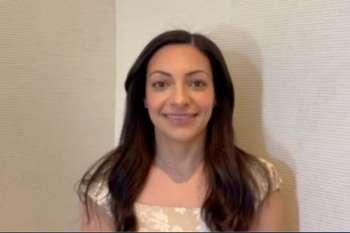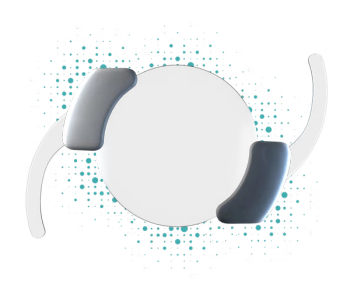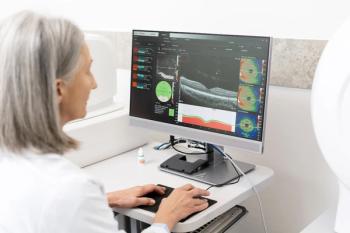
AOA 2025: Collaborative management of myopia from A to Z
Langis Michaud, OD, MSc, FAAO, FSLS, FBCLA, FEAOO, emphasized that every staff member should play a role in myopia management during his presentation at Optometry's Meeting 2025.
Langis Michaud, OD, MSc, FAAO, FSLS, FBCLA, FEAOO, a professor at the Universite de Montreal School of Optometry, delivered a passionate discourse on the critical importance of comprehensive teamwork in myopia management. He emphasized that managing myopia is not solely the responsibility of the optometrist, but a collective effort involving every staff member, starting with the front office personnel.
The key message is that myopia should be treated as a genuine disease, not merely a refractive error, as recognized by the National Academy of Science. This perspective shifts the approach from simple vision correction to proactive health management. Michaud stressed that controlling myopia is about protecting children's future vision and quality of life, potentially preventing significant pathological complications that could lead to blindness. Critical to successful myopia management is creating a unified approach within the practice. This includes:
- Training all staff members to understand myopia's implications
- Developing consistent messaging for parents
- Adapting office practices to accommodate frequent follow-ups
- Creating specialized documentation and informed consent materials
- Appointing a dedicated "myopia in chief" staff member
Michaud highlighted the rapid evolution of myopia research, noting over 2000 scientific articles are published annually. He encourages continuous learning and staying updated with emerging technologies and treatment methods. The introduction of specialized myopia control glasses, for instance, represents a significant advancement in managing the condition. From a long-term perspective, effective myopia management can dramatically improve a child's life trajectory. By controlling myopia progression, practitioners can reduce the risk of future eye health complications, improve potential surgical outcomes, enhance overall quality of life, and provide children with better future opportunities.
Michaud shared personal experiences of patients who have successfully managed their myopia, demonstrating the tangible benefits of a comprehensive, dedicated approach. He concluded by urging healthcare professionals to view myopia as a treatable condition requiring proactive, holistic management. Ultimately, Michaud's message is clear: myopia management is a team effort that requires commitment, education, and a patient-centered approach focused on long-term eye health and development.
Newsletter
Want more insights like this? Subscribe to Optometry Times and get clinical pearls and practice tips delivered straight to your inbox.




























